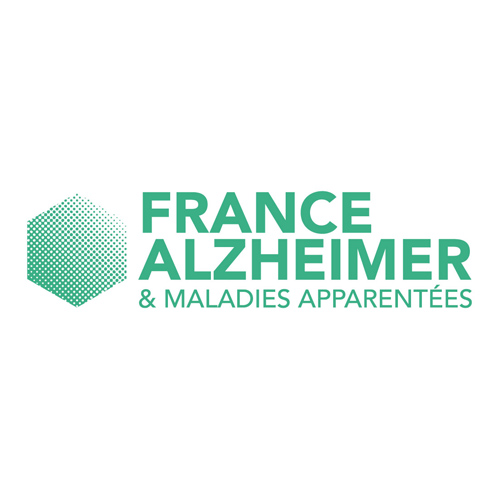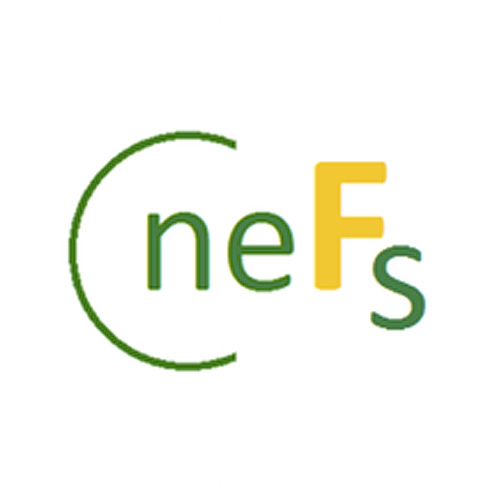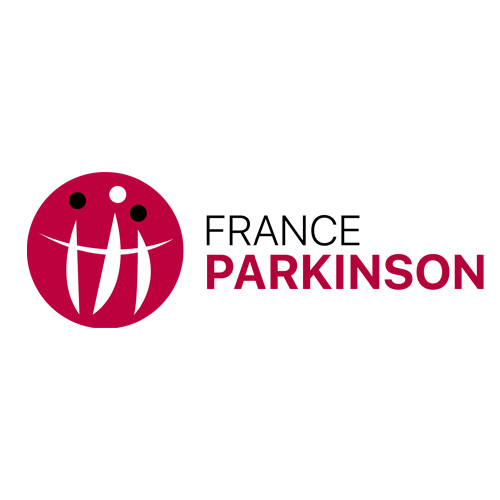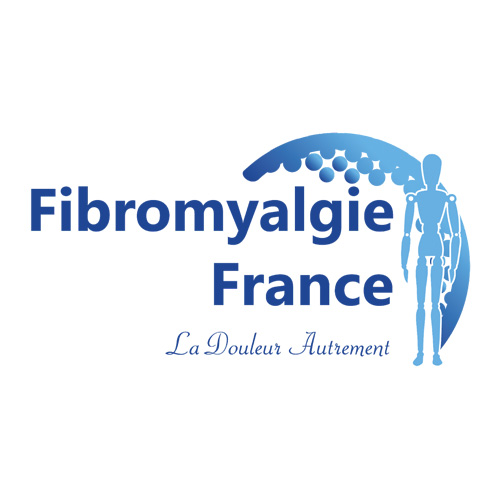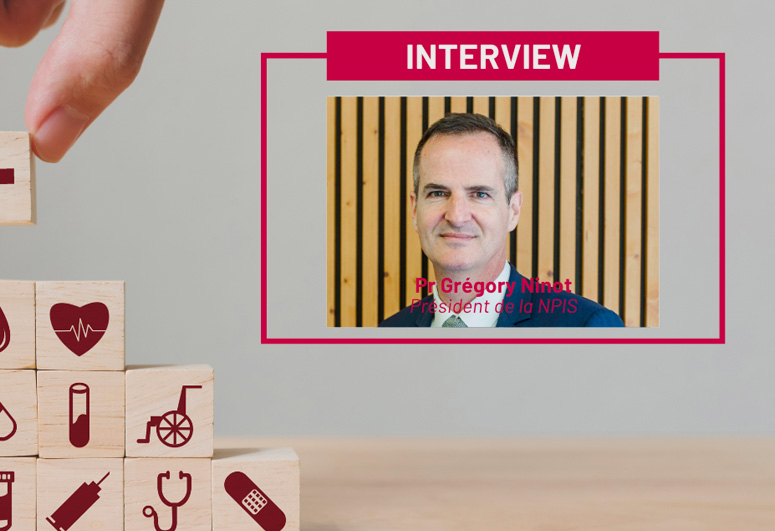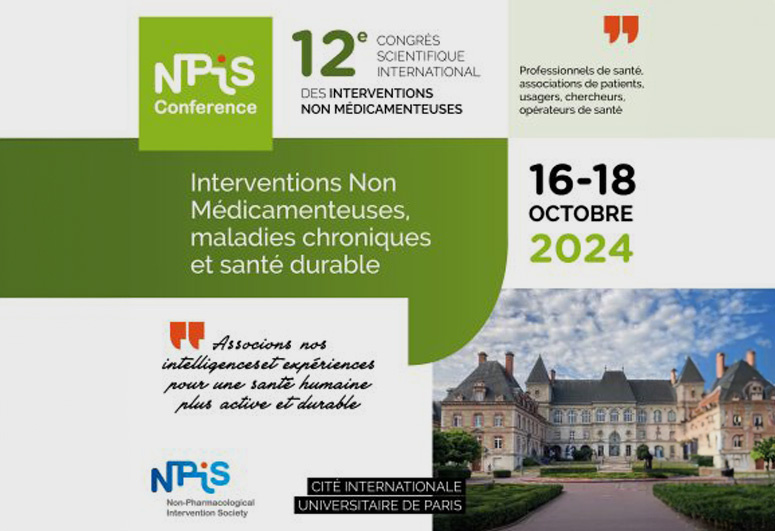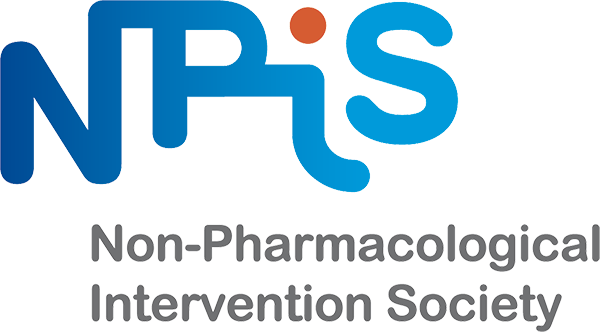What's an NPI ?
The NPIS Registry: why ?
Who is this platform for?
-
I am a citizen, a patient, a caregiver or a professional on a first visit

-
I will be able to easily find information on interventions that are actually INMs. I will also be able to provide feedback on usage. If I want to go further, I will be directed to the conditions for accessing all the data and features of the INM Repository.
-
I am a healthcare professional wishing to access all INM files

-
I will be able to find complete information on INM protocols to deepen my knowledge and practices. I will be able to provide feedback on use.
-
I am a representative of an authority, institution or organization related to health

-
If my practice organization is a partner of the NPIS, I will be able to access all the data and functionalities of the INM Repository.
-
I would like to submit a proposal for a new INM in the Repository

-
If my project meets the definition of an INM and if it is sufficiently supported by scientifically conducted studies, I will be directed to a form which will allow me to write the INM file relating to my project.
-
I am an expert selected under the INM file validation procedure

-
If I have received an email from NPIS accrediting me as an Expert in a defined field, I will be able to register to participate in the expert procedure for which I have been requested.
Become a Submitter
Learn more about NPIS and NPI :
NPIS Questions and Answers
-

-
-
What are the specifications of a NPI?

-
Each NPI file in the NPI Registry has been submitted by a practitioner or researcher through the dedicated platform hosted by the NPIS. Each file undergoes review by an independent and integrated scientific committee. This committee invites relevant scientific societies and health authorities to validate the NPI files and/or to oversee the decisions made. Each validated file is then reviewed by a committee of users and professionals. Once labeled NPIS©, the file is translated into at least English and French and integrated into the NPI Registry.
The file contains standardized content supported by scientific studies that align with the NPIS definition of NPI, the expected specifications (Table 2), and the consensual evaluation framework for NPI, known as the NPIS Model. It includes a manual for professionals, an information notice for users, a section on funding options, and an area for anonymous user feedback. This ensures the file remains dynamic and part of a virtuous cycle of continuous improvement for the NPI.
A minimum of one prototypical study, one mechanistic study, two interventional studies, and one implementation study published in a peer-reviewed journal is required for an NPI proposal to be accepted by the expert committee tasked with validating the NPI file and awarding the NPIS© label. Specifically, experts must have evidence to anonymously vote on each criterion of the NPI file proposed to the NPIS by a submitter:- Described (≥ 1 prototypical study)
- Explainable (≥ 1 mechanistic study)
- Effective (≥ 2 interventional studies)
- Safe (≥ 2 interventional studies)
- Implementable (≥ 1 implementation study in the country)
A professional must understand all the specifics of the NPI, the criteria justifying its use, how to implement its protocol, whom to contact, useful tips, required materials, and any prerequisite training needed. -
Is a global alliance for NPI possible?

-
An alliance for NPI is essential today in response to siloed proposals from various disciplines (biology, psychology, public health), professions (medical, paramedical, educational, social), sectors (prevention, care, support for autonomy, social services, education, end-of-life care, disability), and currents (traditional or scientific medicine) at both national and supranational levels. The NPIS brings together these scattered and sometimes divided stakeholders to foster better understanding, practice, and recognition of NPI. The scientific society contributes to developing an NPI ecosystem that is often overlooked. It mobilizes hundreds of professionals and users worldwide to address the public health challenges of the 21st century that are widely recognized.
It highlights essential NPI and best practices to be delivered to the right people at the right time in their journey without criticizing other health solutions. Specifically, the NPIS enables:- Research stakeholders to develop, evaluate, and promote NPI.
- Care, prevention, and social support professionals to enhance their skills and access best practice recommendations and implementation tools for NPI.
- Health operators to choose, organize, track, consolidate, secure, and sustain investments in NPI.
- National and supranational health agencies to improve their knowledge for designing effective strategies regarding NPI.
- Governments, non-governmental organizations, user associations, and health actor federations to establish a common language within a defined scope to create just, equitable, and sustainable policies.
After establishing a standardized evaluation model, the NPIS contributes to an interprofessional, intersectoral, and bipartisan alliance in favor of NPI. Through an annual global summit, it gathers all stakeholders in the ecosystem during the third week of October, known as the NPIS Summit. This significant event discusses the economic and regulatory structuring of the ecosystem with all parties involved. The 2024 edition will take place in a highly symbolic venue, the Cité Universitaire in Paris, a quintessential humanist space open to the world, science, and peace, created between the two world wars last century. Everyone can participate and contribute to this international dynamic aimed solely at legitimizing NPI within health system offerings without disparaging other solutions. This coalition is called the NPIS Alliance. -

-
-

-
-
Why establish a unique evaluation model for NPI?

-
A scientific validation model for medications has existed since the 1960s, with specific regulations recognized worldwide (e.g., FDA, EMA, ANSM). A similar procedure has recently been implemented for medical devices in Europe. However, until now, no consensual model existed for nutritional, bodily, and psychosocial health services due to confusions between approach, protocol, and technique/ingredient. A participatory, pragmatic, and multidisciplinary consensus work followed international scientific health recommendations to address this for NPI (Ninot et al., 2023).
This work took into account the specificities of NPI, health risks, the balance between internal and external validity, the justification of explanatory mechanisms, ethical considerations in health, and respect for contexts of use. The NPIS Model accelerates research through the harmonization of methodological and ethical expectations in NPI. It also enhances the identification, referencing, transferability, and implementation of NPI for the benefit of user health and safety, improving the quality of training.
Ultimately, the NPIS Model distinguishes between individualized, science-based services aimed at addressing known health issues in Western medicine and occupational practices (lifestyle, art of living, work, sociocultural activity, personal development, pursuit of happiness, spiritual practice, etc.). In this sense, the model does not impede individuals' freedom to choose a particular lifestyle. It aims to address a specific health issue for an individual or a group of people within a limited timeframe and a framework regulated by the health sector. The NPIS Model encourages innovations across all other health sectors, particularly in health organizations and early identification actions for health problems.
Our supporters
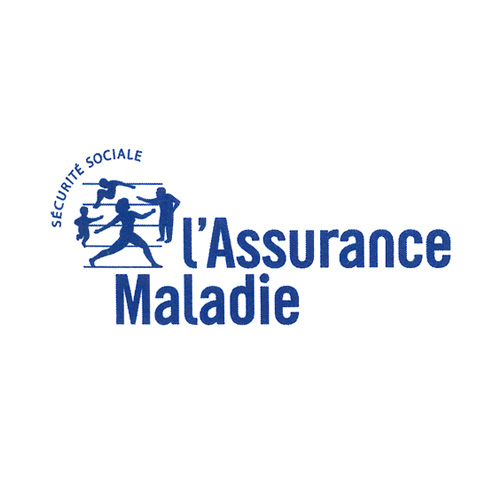
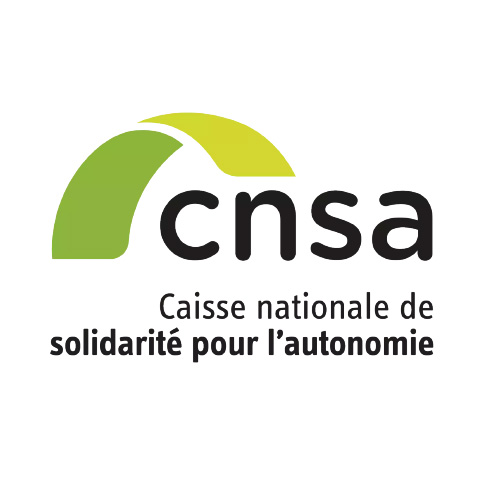
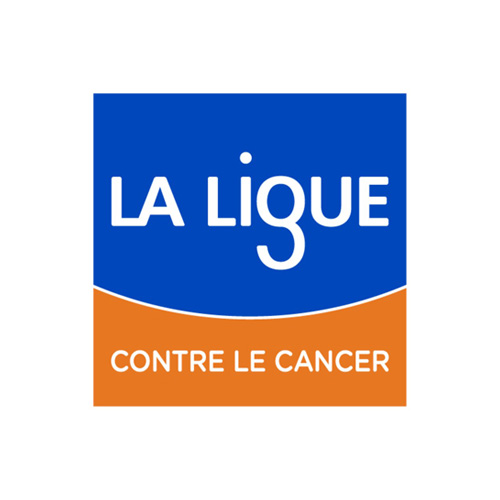
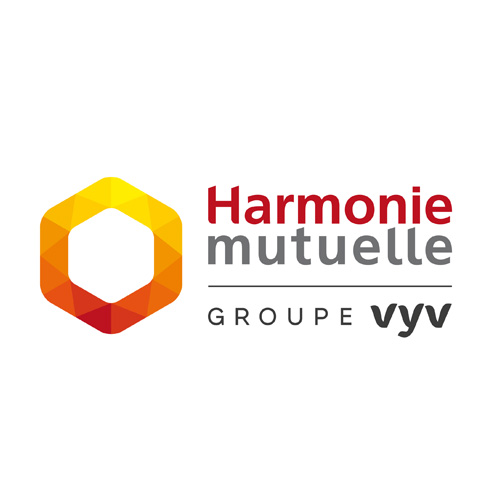

Our partners

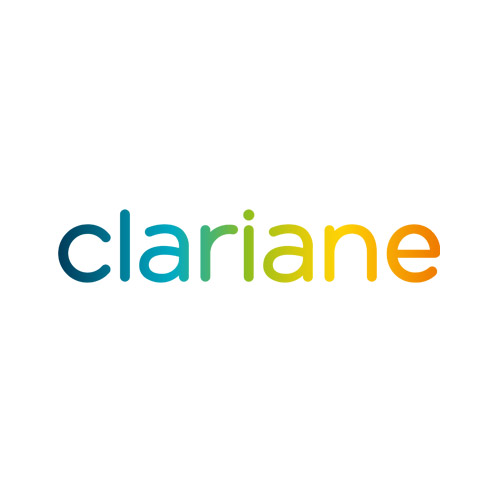
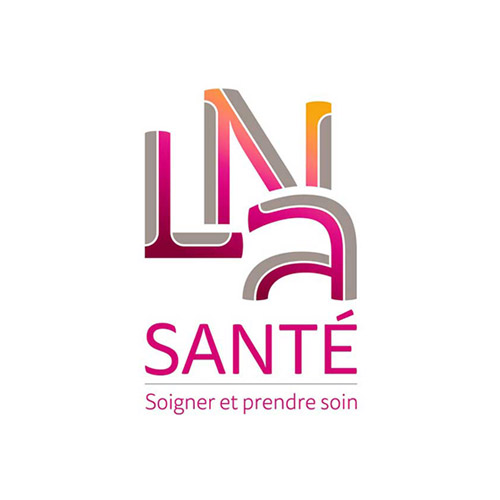
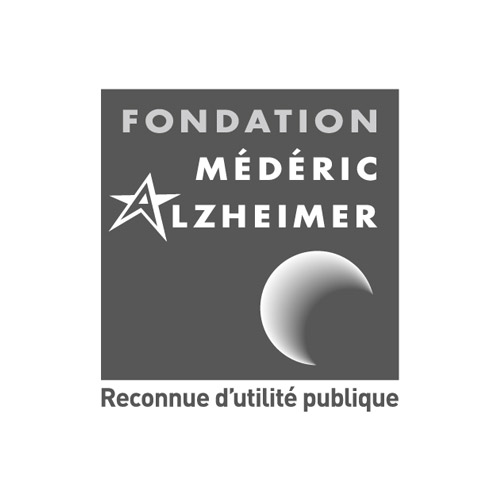
Our allies
